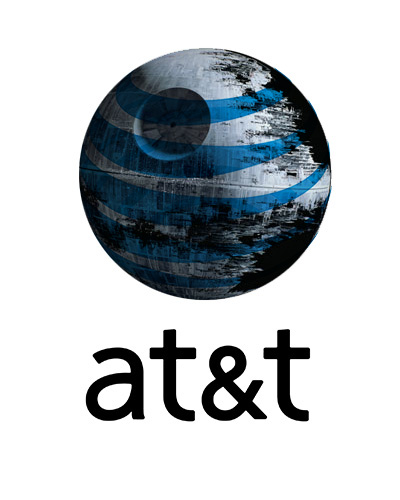
AT&T's iPhone 6 Wi-Fi Calling is a go, but it still whines
T-Mobile enabled Wi-Fi calling on the iPhone 6 and iPhone 6 Plus some time ago, and Sprint recently turned on the service as well. AT&T, on the other hand, activated the service for a limited number of iOS 9 beta testers in August, and then deactivated it for the public version of the updated operating system, citing a need to get a waiver from the Federal Communications Commission for teletypewriter services (TTY).
A need for a better option
The problem with TTY support is the packet loss that Internet protocol traffic, upon which Wi-Fi calling depends, is prone to. AT&T requested an exemption to the requirements in order to implement real-time text (RTT) services instead, and that waiver was approved on Oct. 6. Instead of being gracious about that approval, however, AT&T took advantage of an opportunity to complain about who the FCC failed to enforce the requirements against.
Whining and complaining
In a statement posted on AT&T’s Public Policy Blog, the carrier’s senior executive vice president for external and legislative affairs made a brief, but argumentative, statement against the FCC:
We’re grateful the FCC has granted AT&T’s waiver request so we can begin providing Wi-Fi calling. At the same time we are left scratching our heads as to why the FCC still seems intent on excusing the behavior of T-Mobile and Sprint, who have been offering these services without a waiver for quite some time. Instead of initiating enforcement action against them, or at least opening an investigation, the agency has effectively invited them to now apply for similar waivers and implied that their prior flaunting of FCC rules will be ignored. This is exactly what we meant when our letter spoke of concerns about asymmetric regulation.
New territory requires some flexibility
The FCC appears to recognize that Wi-Fi calling technology represents new territory, and the development of real-time text is ongoing and expected to improve the experience for deaf and hard of hearing consumers. In its approval to AT&T’s petition for a waiver, the Commission also acknowledges that there are considerable technological barriers to employing TTY support over an Internet protocol network.
Real-time text gets around these barriers, which include packet loss, by sending characters one at a time. This way, there is little to no lost data, and the full conversation is able to transfer back and forth between the two “callers.”

Image credit: RealJabber
That’s why the FCC has invited Sprint and T-Mobile to file requests for their own waivers, describing those difficulties and what they are doing to implement real-time text support in place of TTY service, instead of pursuing enforcement actions against them. Going even further, the Commission states:
[D]ue to the acknowledged limitations of TTY technology and the limited use of wireless networks by TTY users, we expect that the waiver’s impact on the inability of consumers with communications disabilities to access 911 services over IP-based wireless services with their TTYs will be insignificant.
AT&T should recognize, too, that this is new territory. Instead of whining about the lack of enforcement actions against its competitors, the carrier should be focused on making the experience for its customers as seamless and easy to use as possible. Footnotes within the waiver petition approval document indicate that TTY usage is declining “by approximately 10 percent each year,” so AT&T’s insistence that Sprint and T-Mobile be penalized for not already seeking their own waivers can be seen as nothing short of spiteful.



